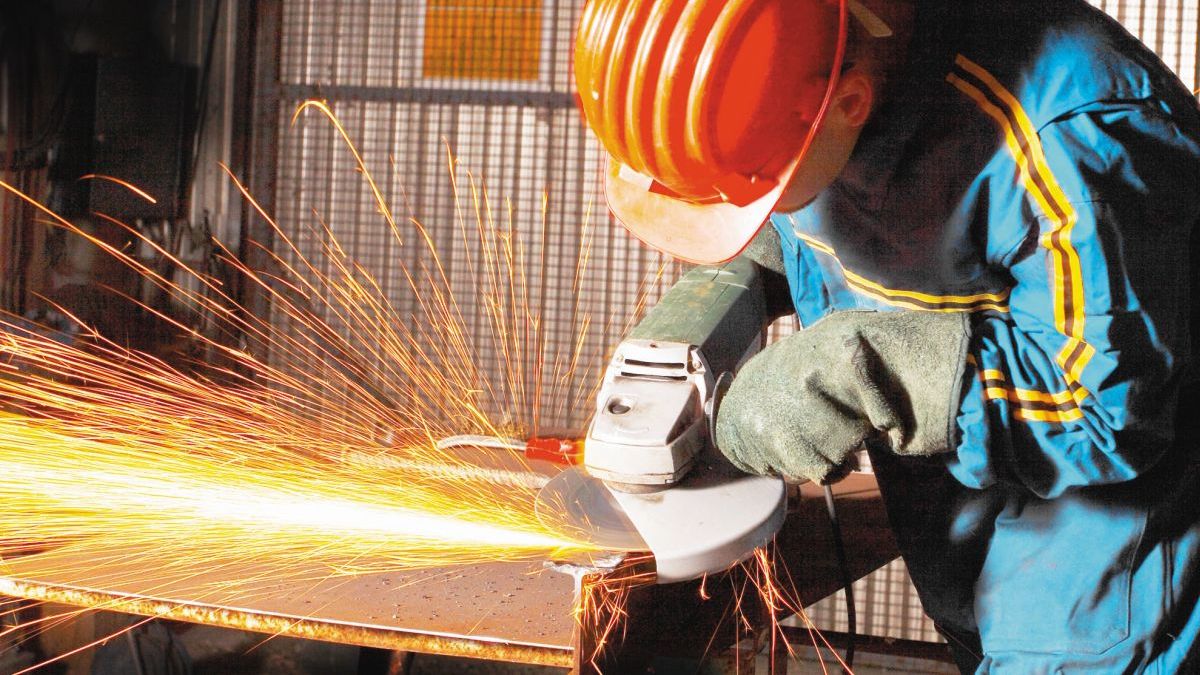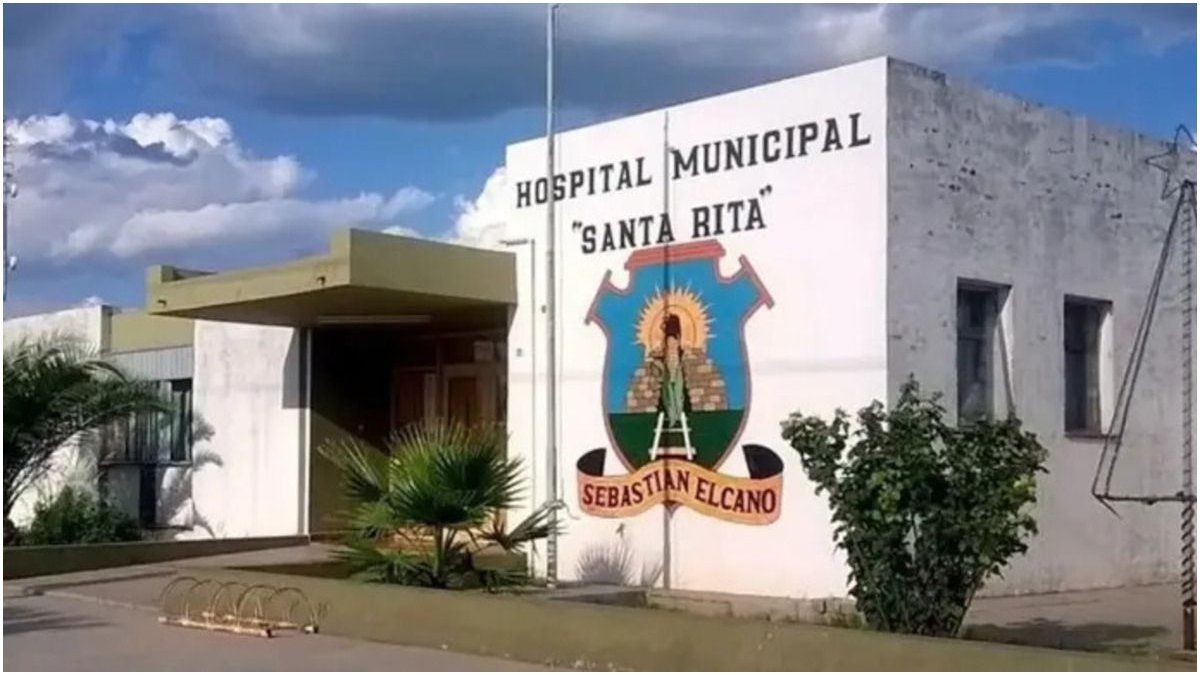Thus, in year-on-year terms, metallurgical costs registered an increase of 61.1% in relation to the second quarter of 2021. The private report noted that “the ICM remains above the Consumer Price Index (CPI), reflecting that in the last four years metallurgical costs increased more than consumer prices.”
“This trend deepened during 2021. While, during the first half of 2022, they registered very similar increases, the IPC accumulated an increase of 36.2%, while the ICM registered a rise of 38.1%”, indicated the report .
ADIMRA’s Center for Economic Studies noted that “During the first half of 2022 the costs of the main metallurgical inputs increased above the official exchange rate”
The work detailed that “the exchange rate increased by 20.4%, while ferrous inputs accumulated an increase of 31.4% and non-ferrous inputs of 30.0% during the first half of the year”, which according to implies a loss of competitiveness despite the fact that the dollar is also subject to inflation. According to the study, the largest increase within the structure of metallurgical costs was due to the increase in energy.
According to the price of Administrative Company of the Wholesale Electricity Market (CAMMESA), energy registered a rise of “77.1% during the first half of the year”, data includes all the concepts that make up the cost. On the other hand, logistics services showed an increase of 48.0%, according to the CEDOL-UTN index.
Meanwhile, Ferrous Inputs accumulated an increase of 31.4%, while Non-ferrous Basic Inputs increased 30% during the first six months of 2022.
Regarding wages, they accumulated a rise of 33.0% in the first half of the year. While, Financial Services, for their part, registered an increase of 20.2% compared to the levels of December 2021.
According to sources in the sector, the rises are not generalized and they are not responding to the price of financial dollars, such as the Cash with Liquidation or the MEP. They also warn in the market that companies are prevented from accessing dollars because the Central Bank does not sell them foreign currency to import and then they go to the financiers to be able to pay for their purchases from abroad, for which the CCL begins to be a reference.
The companies are stating that even though the Ministry of Industry is approving the affidavits that they have to present in order to import, the BCRA informs them that they do not have a quota and does not sell them.
Source: Ambito
David William is a talented author who has made a name for himself in the world of writing. He is a professional author who writes on a wide range of topics, from general interest to opinion news. David is currently working as a writer at 24 hours worlds where he brings his unique perspective and in-depth research to his articles, making them both informative and engaging.




